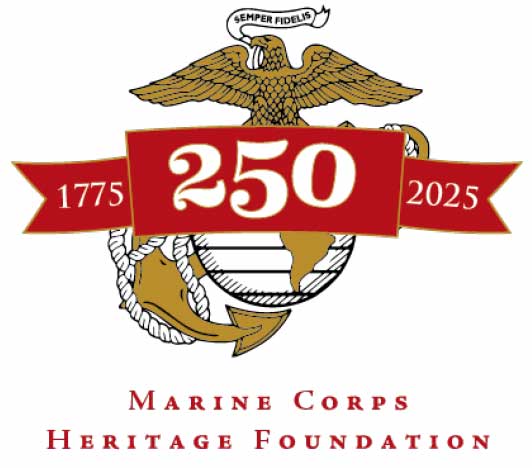The 250th Anniversary Legacy Challenge is a matching gift campaign to encourage estate or other planned gift commitments to the MCHF. A group of donors has created a pool of $500,000 to provide immediate matching funds for each new, previously unknown or increased planned gift to the MCHF. Matching funds are based on the estimated value of the future planned gifts. The match is 10% of the estimated estate gift value, up to $50,000 per commitment. For example, a planned gift of $40,000 will unlock $4,000 for immediate use in support of the MCHF’s mission. A planned gift of $350,000 will unlock $5,000.
A group of long-time donors to the MCHF provided $500,000 in matching funds.
Typically, the MCHF receives the benefit of planned gifts after the donor’s lifetime. Through the Legacy Challenge, planned gifts disclosed now will ALSO unlock a matching gift of 10% of the estimated value (up to $50,000), to be used in support of the MCHF’s immediate needs today. In addition, all participants in the Legacy Challenge will be welcomed as members of the MCHF 1775 Society. This is an honorary group recognizing friends who have included the MCHF in their estate plans.
The Legacy Challenge will end on December 31, 2025 or when the $500,000 in available matching funds are used up.
There is no minimum planned gift size required to participate in the Legacy Challenge. We appreciate and value all gifts. All gifts will be matched. Matching funds will not exceed $50,000 per planned gift. If you are able to make a larger planned gift (over $250,000), your legacy will have an even bigger impact on the MCHF.
Thank you, we are sincerely grateful. Many supporters have already documented a planned gift with the MCHF. If you wish to increase the amount, you will unlock a matching gift of 10% of the increased value of your planned gift through this special opportunity. In addition, if you have not previously shared the value of your planned gift intention, you can participate in the Legacy Challenge by confirming the estimated value. To learn more, please contact Gayle Union.
No problem. You are under no pressure to do so. We are happy to welcome you as a participant in the Legacy Challenge and a member of the MCHF 1775 Society. Simply notify Gayle Union of your gift intention and $1,000 will be unlocked through the matching gift pool. If you later decide to share the estimated value of your planned gift, you may unlock a greater matching gift.
We recognize that conditions and situations change. Gifts included in wills or trusts are popular because they are flexible. They can be changed in response to your life circumstances. A simple provision or amendment prepared by your attorney is all that is necessary to update your plans.
Absolutely! For most people, our homes and IRA or other retirement plans are our largest asset. Naming the MCHF as a remainder beneficiary of our IRA or other retirement plan is a wonderful way to make a gift as part of our estate plan. In addition, there are some special income tax savings when the MCHF is named as the beneficiary of an IRA. Contact Gayle Union for more detailed information on how this works.
Yes. The information will be kept in confidence by the MCHF but will not be shared. We will make you a member of the MCHF 1775 Society. If you prefer, even this can be made anonymous.
To include MCHF in your will or trust, the following is suggested wording to take to your attorney:
“After fulfilling other provisions, I give, devise and bequeath ____% of the residue of my estate (or $__________ if a specific amount) to the Marine Corps Heritage Foundation (tax ID #26-0803466), located at 1775 Semper Fidelis Way, Triangle, VA 22172.”
IRA, bank account and securities account forms often don’t have very much space. In those situations, please write in: MCHF, Tax ID # 26-0803466.
Naming the MCHF as a remainder beneficiary of an IRA or other retirement plan is an easy way to make a planned gift. This may also provide special personal income tax benefits. Life insurance policies purchased earlier in life, and perhaps no longer necessary for the original purpose, are another excellent option. It is often possible to make a gift of an existing life insurance policy and receive an income tax deduction. Charitable remainder trusts and gift annuities often make smart gifts. These can provide fixed or variable income or guaranteed lifetime payments for you and/or your loved ones. They can generate an immediate charitable deduction and provide a wonderful gift to the MCHF.
- Contact Gayle Union with any questions and to share your plans or existing estate gift decisions that are already in place.
- Include MCHF in your will, trust, IRA or other beneficiary designation.
- Document your planned gift intention with Gayle Union.
- Unlock an additional, matching gift valued at 10% of your future gift up to $50,000, to support the MCHF's mission and ministry today.
Please feel free to reach out to:
Gayle S. Union
Estate Administration & Gift Planning Manager
Direct line: (703) 586-7463
Email:
union@marineheritage.org



